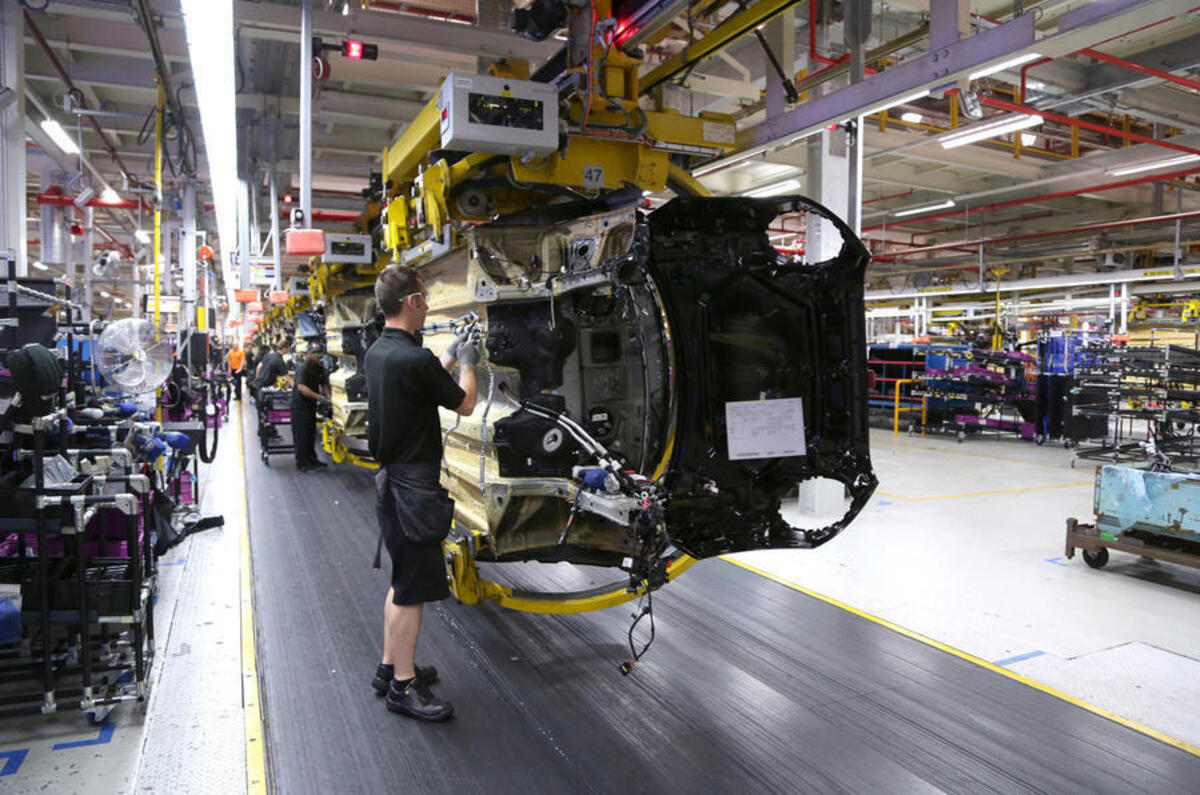The UK could unlock £106 billion of economic growth by 2030 if the country urgently commits to championing an EV industry – because by training workers, building a large enough charging network “for everyone” and other measures, it would create a tenfold rise in the annual production of electric cars.
That is the claim of the Society of Motor Manufacturers and Traders (SMMT), which says in its 'Manifesto 2030: Automotive growth for a zero emission future', launched today, that production could hit more than 750,000 BEVs per year by 2030.




Add your comment